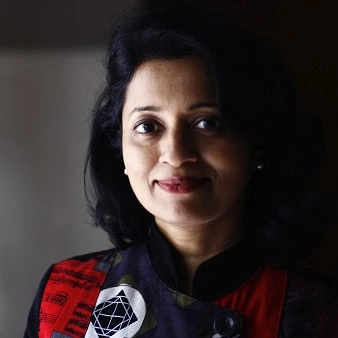Topic
Ms Shyalashri Shankar and Dr Shakti Sharma talk about Turmeric Nation: A Passage Through India’s Tastes at OCLF 2021
On 27th 2.00 pm - 2.40 pm
After a warm welcome by the anchor, Dr Shakti asks Ms Shylashri about how she came up with the name Turmeric Nation and why she barely talked about turmeric in the book. Ms Shylashri explains that she was looking for a name that represents the entire nation from past to present and is also a defining factor in so many things. That’s how she came up with the idea to name it Turmeric Nation, as turmeric is present in the food across India and was also used by a number of civilizations in the past. As the conversation moves ahead, Ms Shylashri talks about how food defines diversity as well as the culture of India. As geography, religion and culture change with every passing mile on the road, so does the cuisine in unimaginable ways. Ms Shylashri comes up with the example of Khichdi which is cooked in millions of ways across the country but its definition is bringing up a lot of ingredients to make something that’s not only easy to cook but also tastes good. As the conversation on India’s food comes to a conclusion, the session comes to a close.

